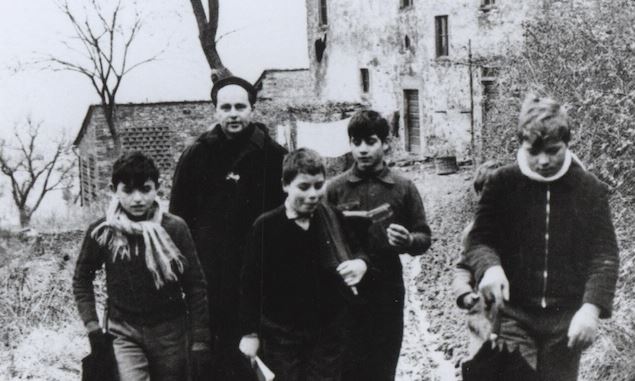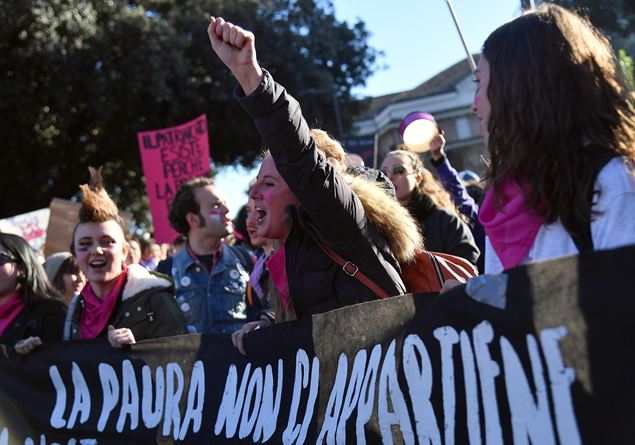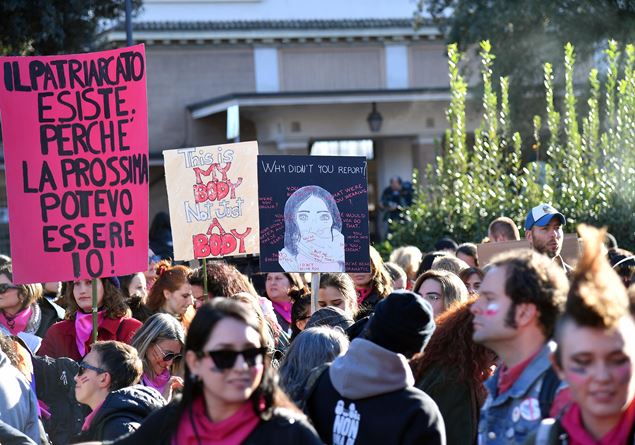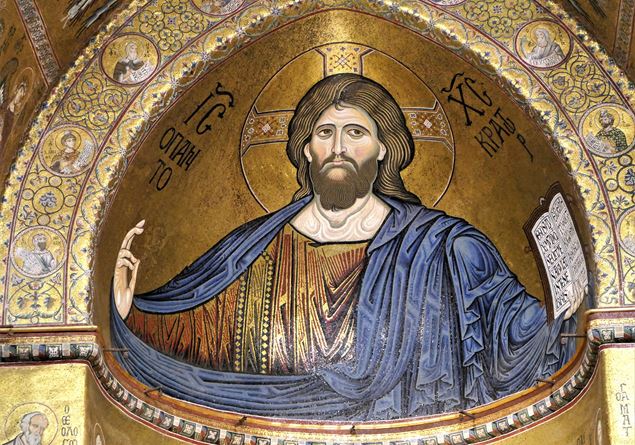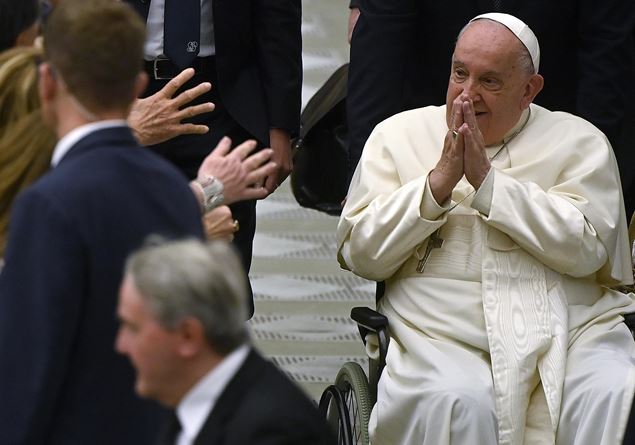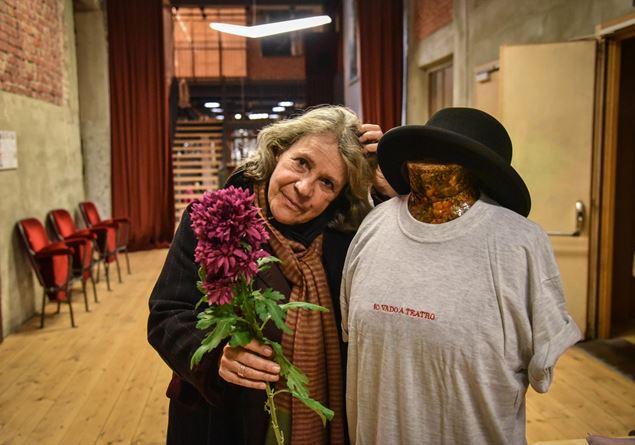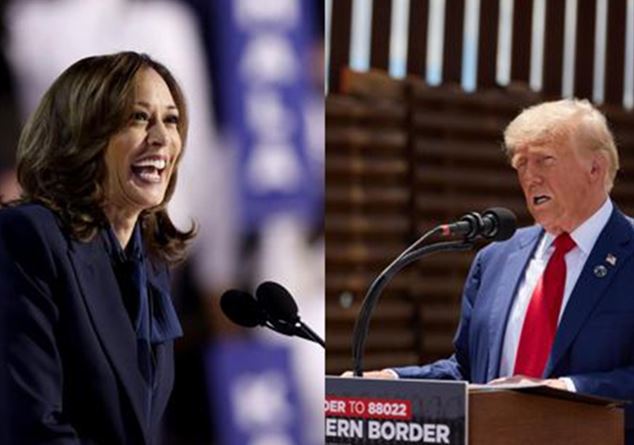
We didn’t see her coming, Kamala Harris. And yet there she is, on the front lines, ready to take over from Joe Biden. The old lion had to throw in the towel, forced to give up the race for the White House due to his health conditions. And so, for the first time, a woman of color, with South Asian origins, has become the presidential candidate of one of the two major American parties. An event that, just a few years ago, would have been unthinkable.
At the 2024 Democratic National Convention in Chicago, in an atmosphere charged with tension and hope, Kamala Harris held court with a speech that left no room for doubt about her vision for the future of America. She spoke of social justice, equality, and promised to fight for civil rights, including those related to abortion, an issue that places her in stark contrast to her opponent, Donald Trump.
Harris, an avowed atheist, did not hesitate to vigorously defend the “right” to abortion, an issue that divides America like few others. She said clearly that women must have the right to decide about their own bodies, and that she will fight to guarantee this “right.” Strong words, which did not please a part of the electorate, especially those Catholics who see abortion as a moral issue, not simply a right to be claimed. But Harris did not hold back: “We cannot go back,” she said, determined to make the protection of the right to abortion one of the pillars of her electoral platform.
On the other side of the ring, Donald Trump has not changed his style. He continues to play with fire, instilling doubts about the legitimacy of the Democratic convention and, more generally, the entire electoral process. His rhetoric, filled with accusations of fraud and personal attacks, only fuels a climate of distrust and division, the same that led to the storming of the Capitol in January 2022.
Trump is moving with caution on abortion. He doesn’t make a big deal out of it, like Harris, but he doesn’t ignore it completely. He says he’s in favor of keeping abortion legal only in extreme cases – rape, incest, danger to the mother’s life – leaving it up to local governments to decide how to regulate it. And in Milwaukee, at the recent Republican Party meeting, for the first time in forty years, there was no talk of a nationwide ban on abortion.
In foreign policy, Harris and Trump represent two sides of the same American coin. The first is Wilsonian, convinced that the United States has a moral duty to spread democracy throughout the world. The second is Jacksonian, convinced that the United States must avoid getting involved in conflicts that do not directly concern them. Trump, in his first term, had himself portrayed in the Oval Office with a painting of Jackson behind him, a president whom ‘woke’ activists accused of having been a racist and slaveholder.
His running mate, Vance, spelled out Trump’s approach in an interview with the New Statesman: a mix of skepticism about foreign intervention and extreme aggression when he does decide to intervene. Trump has promised to end the war in Ukraine in a single day and would give Netanyahu a free hand in Gaza, without the limitations imposed by the Biden administration.
Democrats accuse Trump of being Putin’s Trojan horse, but the Russian leader has a different interest: not so much the victory of one of the two, but the destabilization of America, which would allow him to expand into Eastern Europe.
And Catholics? They are faced with a bitter choice: on the one hand, Harris’s policy of tolerance and protection of the weakest, which however also embraces woke culture and the right to abortion; on the other, Trump’s intolerance towards the interruption of pregnancy, which however is accompanied by restrictive policies on immigration and an economic liberalism that closely resembles a new slavery. In conclusion, for Catholics – and not only – these elections do not offer an exhilarating option. The choice is between two evils, and choosing the lesser is not always consoling.
